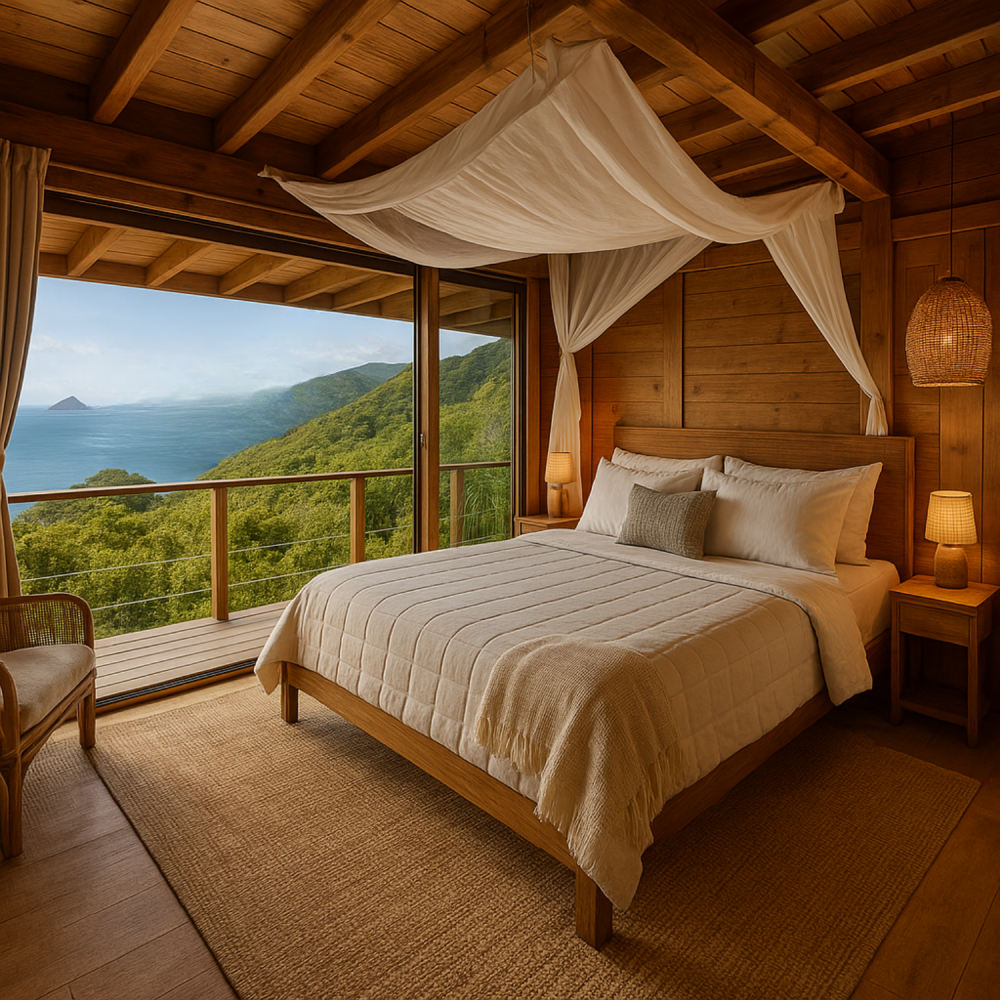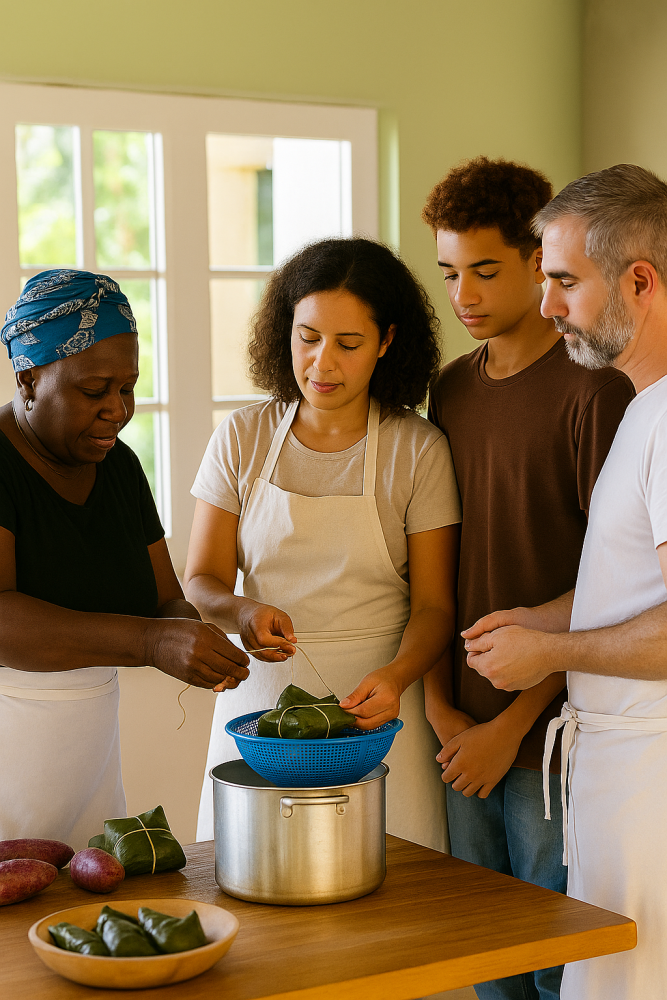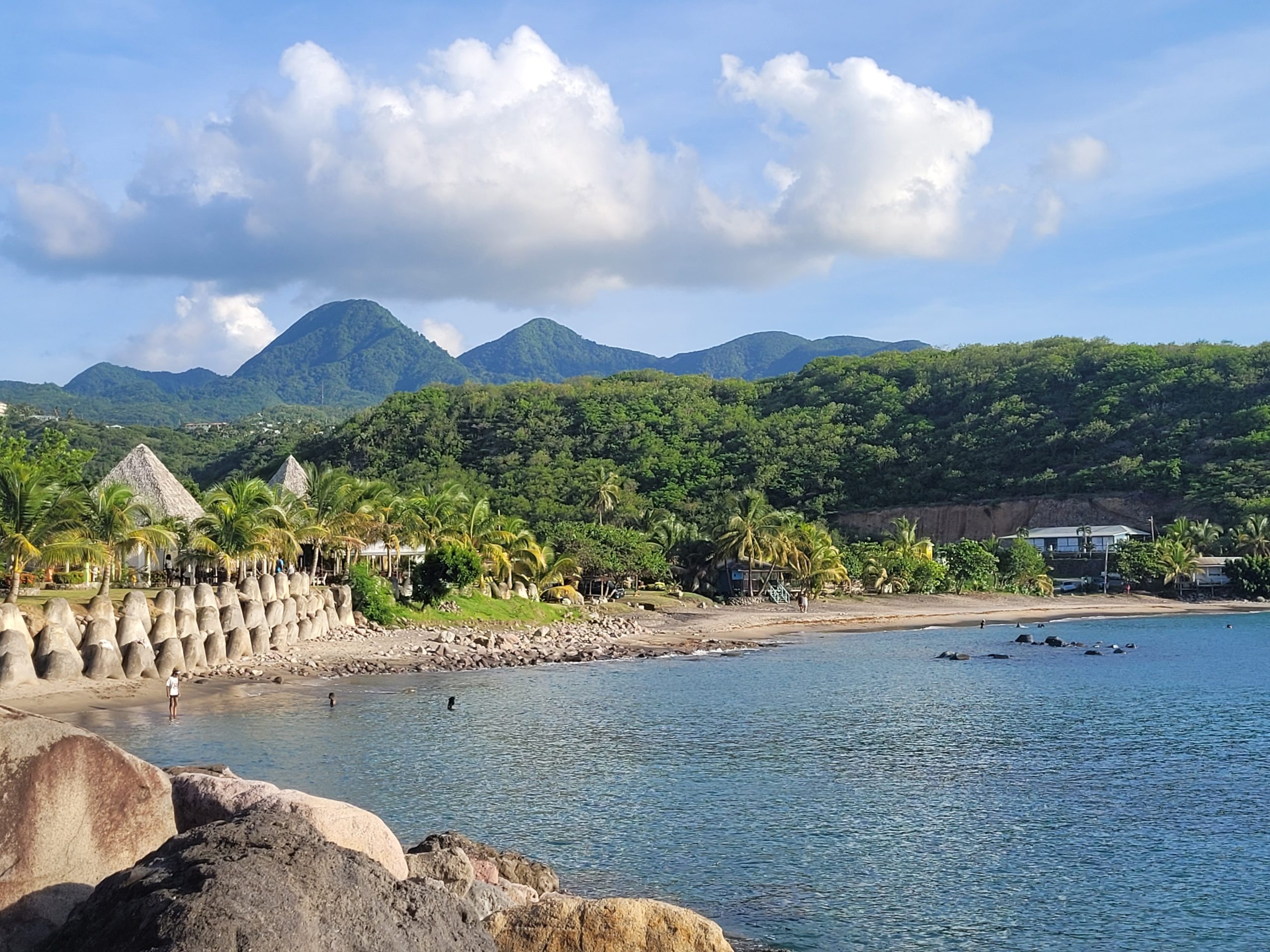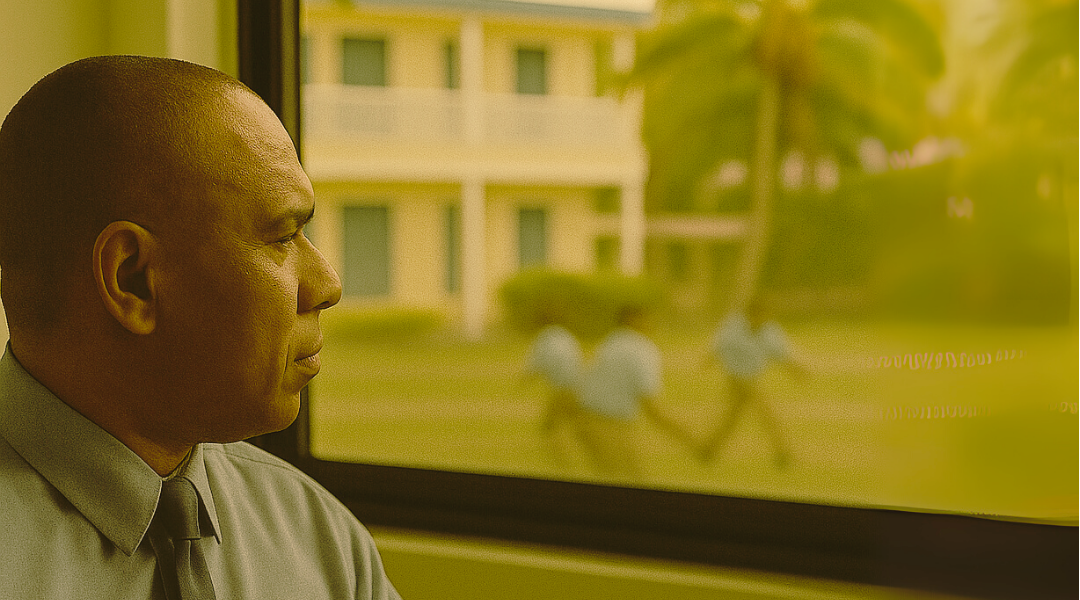Montserrat is a destination with high entry costs and an undefined market identity. This is a dangerous combination. Without clarity about who we’re for, we risk offering everything to everyone and delivering value to no one. As other destinations niche down, double down, and offer tightly curated experiences to specific audiences, we remain vague, and in today’s travel economy, vagueness does not convert.
The Illusion of ‘Tourists’: Why General Marketing Fails
Too often, we talk about attracting “tourists” as if they are a monolith. But the global travel market is not generic. It is fragmented into tribes: eco-tourists, digital nomads, luxury seekers, slow travellers, wellness junkies, cultural explorers, and many others. Each has its own preferences, budgets, and expectations.
When we promote Montserrat broadly without a clear segment in mind, we dilute our brand and confuse our value proposition. A visitor willing to pay US$500 a night for serenity is not looking for the same experience as someone seeking nightlife and shopping. Trying to serve both leads to mediocrity.
High-Cost, Low-Return: What Premium Visitors Expect
Montserrat is not an easy or cheap destination to access. Flights are indirect. Depending on the time of the year, ferry service is random or nonexistent. Accommodation options are few and mostly uncurated. For a traveller to choose Montserrat, it must offer something exceptional or deeply aligned with their interests.
Premium visitors (those who can afford the time and money to get here) expect quality. That doesn’t always mean luxury in the traditional sense. It can mean quiet, clean, thoughtfully designed, safe, and culturally enriching. Right now, we offer a fraction of that. We cannot afford to underdeliver.
Tourist Archetypes We Could Intentionally Target
Numerous consultations over the years have confirmed what we already know. Our three main tourist archetypes which fit are the best fit are:
- Diaspora Travellers: Montserratians and their families returning to experience the island in deeper ways.
- Eco-Conscious Adventurer : People who want to explore nature, hike, unplug, and engage with low-impact tourism.
- Cultural and Academic Visitors: Travellers drawn to our volcano, history, music, and Afro-Irish legacy.
These groups are smaller than mass markets but more likely to spend on meaningful, story-rich experiences. They are also more likely to recommend and return.
The Diaspora Traveller
The most loyal segment we have. They’re here to reconnect with family, heritage, and home. But loyalty isn’t enough, diaspora travellers are also seeking comfort, modern amenities, and experiences that honour their identity without romanticising the past. Do we have products tailored for them beyond a festival schedule and a few souvenir shops? What about intergenerational experiences or identity-rooted heritage tours that help them connect their children to their roots?
The Eco-Adventurer
They’re coming for our trails, our volcano, our marine life. This group doesn’t care about beach chairs and buffets, they want hikes, sustainability, and immersion. Montserrat has leaned into this with its promotional messaging, but the follow-through is inconsistent. The eco-offers, from guided experiences to accommodations, need more depth, quality, and a clear value proposition.

Cultural and Academic Visitors
Montserrat is a popular place of interest for researchers; volcanologists, ecologists, and historians. The Montserrat National Trust is a key partner in many of the research initiatives happening on island. However, there is more which can be done. Academic tourism doesn’t just happen; it needs infrastructure, long-stay accommodation packages, field support services, and alignment with regional institutions. Montserrat can position itself as a base for scientific retreats, environmental storytelling, and thought leadership.
What They Want vs What We Offer
These niche audiences want authenticity and convenience. They want culture, nature, and narrative, not nightlife or mega-resorts. We have a match. But our offerings are scattered and undersold.
Dominica branded itself as the Nature Island. Tobago focuses on birdwatching and eco-retreats. St. Kitts sells history and upscale beach life. None try to be all things to all people. They succeed by going deep, not wide. St. Kitts Tourism’s recent rebrand amplifies this with their Venture Deeper tag.
Montserrat can do the same by anchoring our brand in what’s real: resilience, quiet, culture, nature. Then, build our product and partnerships around those pillars.
We’ve identified who we want to attract but where are the tailored experiences, spaces, and campaigns to support that?
- Are our guesthouses equipped for digital nomads or research teams?
- Are eco-tourism packages inclusive of local guides, ethical practices, and real storytelling?
- Are diaspora-focused offers reflective of generational shifts, modern tastes, and the emotional weight of “returning home”?
A luxury eco-lodge and a budget homestay can both serve our market if they’re designed with a specific customer in mind. Right now, our spaces are generic. Generic doesn’t sell.
Download the Hospitality Room Audit & Upgrade Cheat Sheet
The Financial Sector Must Also Align
With only two financial institutions, Bank of Montserrat Ltd. and St. Patrick’s Cooperative Credit Union, the sector has a critical role to play. Creative financing, business development support, and targeted investment products could accelerate tourism innovation. But are we thinking that way yet? The Government of Montserrat’s recent announcement of planned business loans for agriculture and the private sector at large, needs to go further. Rather than an everyone who will may come opportunity, key areas of the tourism sector must be identified and given priority for accessing the loans.
The Opportunity Is Real
Montserrat won’t grow its visitor numbers at scale and it shouldn’t try to. What it can do is grow value per visitor by offering highly relevant, well-designed, and meaningful products to defined audiences. That requires clarity, creativity, and courage.
Let’s stop throwing the net wide and hoping for the best. Let’s design the experience for the people who are actually coming or who would, if we got it right.

Actions for Providers
- Redesign your product or service to focus on a clear visitor archetype: diaspora, eco-adventurer, or academic.
- Update your listing descriptions and digital presence to speak directly to your ideal guest’s desires and concerns.
- Bundle your offer: accommodation + hike, lodging + cooking class, homestay + genealogy walk.
- Gather real feedback from past guests about why they came and what would have improved their stay.
Institutional Role
- Montserrat Tourism Authority (MTA): Lead market segmentation research, build visitor personas, and launch archetype-based campaigns.
- Government of Montserrat: Create enabling policy and funding schemes to support experiences aligned with each key audience.
- Bank of Montserrat Ltd. & St. Patrick’s Cooperative Credit Union: Offer experience-based microloans, innovation grants, and host financial literacy workshops.
- Start a Montserrat Hospitality Council: Serve as a private sector partner to coordinate tourism product development, monitor quality, and connect providers.
The Economic Impact
Destinations with clear brand identities and niche targeting see longer stays, higher spending, and stronger word-of-mouth. According to experts, niche-focused tourism can yield 30% higher per-visitor spend and up to 50% better guest satisfaction scores.
For Montserrat, shifting from generic to specific could unlock hundreds of thousands in missed revenue, create new job types, and give purpose to our positioning. It’s not a luxury. It’s a necessity.
Let’s define who we are for before it’s too late.
Next Steps
- Download the Hospitality Room Audit & Upgrade Cheat Sheet to begin improving your tourism product.
- Don’t know where to start in improving your tourism offer, book a consultation with Nerissa.


